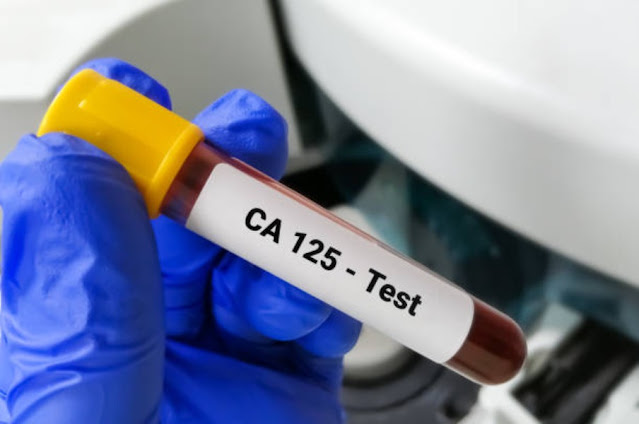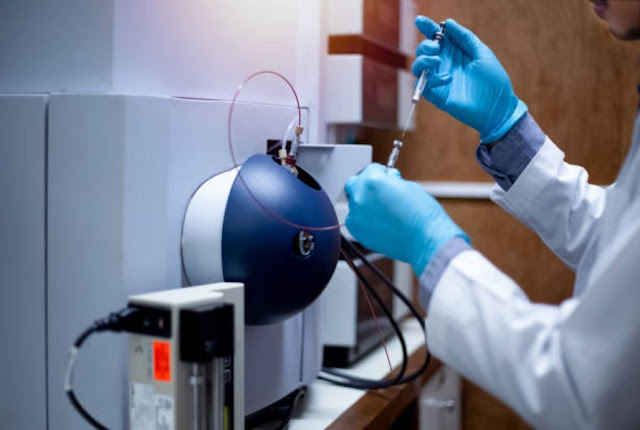Chemotherapy Technology for Healthcare

Chemotherapy, a vital cancer treatment option, has seen
significant technological developments in recent years. This treatment involves
using powerful drugs to destroy cancer cells and prevent their further growth
and spread. Researchers and healthcare professionals have been actively
exploring and implementing innovative chemotherapy technologies to enhance
patient outcomes and minimize side effects. This article will discuss some
notable advancements in chemotherapy technology and their potential impact on
healthcare.
Nanotechnology in Chemotherapy
One of the most promising advancements in chemotherapy
technology is the integration of nanotechnology. Nanoparticles have
revolutionized drug delivery systems with their unique properties and ability
to carry therapeutic agents. These tiny particles can selectively target cancer
cells while sparing healthy tissues, reducing toxicity and improving efficacy.
Moreover, nanoparticle-based drug carriers can enhance drug stability,
solubility, and bioavailability, allowing for precise dosage control and better
treatment outcomes.
Immunotherapy and Chemotherapy Combination
Immunotherapy, which harnesses the body's immune system to
fight cancer, has emerged as a groundbreaking treatment modality. Combined with
chemotherapy, it has shown remarkable results in several cancer types.
Chemotherapy drugs can create a favorable environment for immunotherapy by
reducing tumor burden and enhancing immune cell activation. Furthermore,
immunotherapy can enhance the response to chemotherapy by sensitizing cancer
cells to the drugs. The synergistic effect of these two treatment approaches
has demonstrated improved response rates and prolonged survival in patients,
providing new hope for previously untreatable cancers.
Precision Medicine and Personalized Chemotherapy
Advancements in genomic sequencing and molecular profiling have
paved the way for precision medicine, enabling tailored treatment strategies built
on an individual's genetic makeup and tumor characteristics. This slant agrees to
identify specific molecular targets that targeted chemotherapy drugs can
selectively inhibit. By analyzing tumor-specific mutations and gene expression
patterns, physicians can optimize treatment regimens, maximizing therapeutic
efficacy and minimizing unnecessary toxicity.
Liquid Biopsies for Monitoring Treatment Response
Traditional biopsies involve invasive procedures and are
limited in capturing tumor heterogeneity and monitoring treatment response. On
the other hand, liquid biopsies offer a non-invasive and dynamic approach to
monitoring treatment effectiveness. These tests analyze cell-free DNA,
circulating tumor cells, and tumor-derived exosomes in a patient's blood
sample. Liquid biopsies provide real-time information about genetic
alterations, disease progression, and treatment response, allowing for timely
adjustments to chemotherapy regimens and early detection of resistance
mechanisms.
Artificial Intelligence and Predictive Modeling
Artificial intelligence (AI) and machine erudition
algorithms revolutionize cancer research and treatment planning. AI-based predictive
models can analyze vast patient data, including clinical records, imaging
scans, and molecular profiles, to identify patterns and predict treatment
response. This technology helps oncologists make informed decisions regarding
chemotherapy drugs, dosages, and treatment duration, improving overall patient
outcomes. Furthermore, AI algorithms can assist in predicting and managing
chemotherapy-related side effects, provide personalized care plans, and reduce
treatment-related complications.
Conclusion
Advancements in chemotherapy technology are transforming
cancer treatment by enhancing precision, effectiveness, and patient outcomes.
Integrating nanotechnology, immunotherapy combinations, personalized medicine,
liquid biopsies, and AI-based predictive modeling are revolutionizing
chemotherapy approaches. These innovations offer new hope for cancer patients,
enabling tailored treatment strategies, reducing side effects, and improving
treatment response rates. As research and development progress, healthcare
professionals must stay updated on the latest advancements and embrace these
technologies to provide optimal care to cancer patients.


